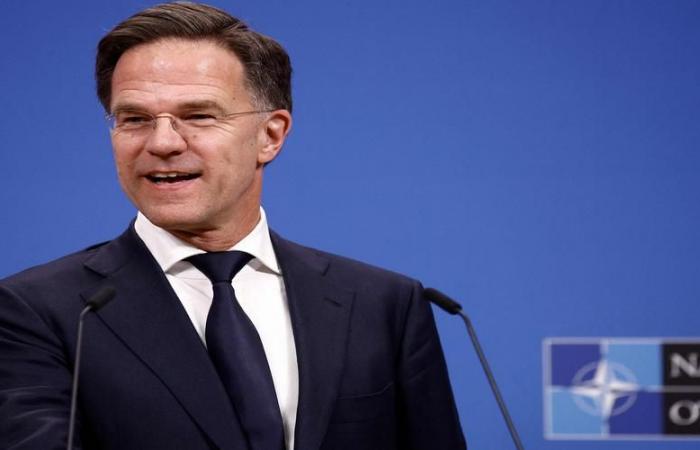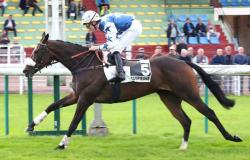This October 1, 2024, Mark Rutte, former Prime Minister of the Netherlands, succeeds Jens Stoltenberg as Secretary General of NATO. At 57, the man who led the Netherlands for nearly fourteen years takes the reins of the Atlantic Alliance at a critical moment, marked by major geopolitical challenges and global uncertainties.
An expected transition, but full of challenges
Mark Rutte, a seasoned negotiator and consensus builder, comes to the head of NATO with solid political experience. Known for his ability to compromise while remaining firm on his positions, he must now prove himself in a tense international context. NATO, under the leadership of Jens Stoltenberg, has stepped up its support for Ukraine following the 2022 Russian invasion, and Rutte is expected to continue this work while maintaining the delicate balance between Alliance members .
Rutte will also have to juggle transatlantic relations in the run-up to the US elections. A possible victory for Donald Trump in November raises fears about a possible withdrawal of the United States from NATO, which could weaken the organization. Trump’s potential return to the White House, marked by his previous threats of disengagement, is causing anxiety within the Alliance, particularly among European countries. Mark Rutte, who was able to appease Trump during their previous meetings, could play a crucial role in managing this uncertainty.
Ukraine, Russia and military spending: Rutte’s priorities
The war in Ukraine continues to occupy a central place on NATO’s agenda. Mark Rutte must ensure that military support for kyiv remains constant, while preparing for Ukraine’s possible accession to the Alliance, a thorny subject that divides members. Some NATO countries, notably the Baltic states, are harsh on Rutte’s record on military spending when he was prime minister. They will closely observe his actions at the head of the Alliance, especially in the face of the persistent threat from Russia, with whom Rutte has had a personal dispute since the tragedy of flight MH17.
A new era for NATO and Europe?
The arrival of Mark Rutte at the head of NATO also coincides with the rise of European defense. Although NATO remains the pillar of security on the continent, Europeans, under the leadership of figures like Emmanuel Macron, are seeking to strengthen their military autonomy. This challenge is added to that of financing defense spending: while 23 of the 32 members now reach the objective of 2% of GDP, the support of certain European members could weaken in the face of budgetary constraints.
For Rutte, the real test will be maintaining the balance between European commitments and traditional dependence on the United States. In Brussels, he will be scrutinized for his ability to embody a “NATO 3.0”, a more autonomous Alliance, less centered on Washington and more aligned with European interests.
A mandate under pressure
The new NATO Secretary General begins his mandate in a context of growing tensions, with burning issues to manage, such as support for Ukraine, relations with Russia, and the stability of transatlantic relations. NATO’s future under Mark Rutte’s leadership looks perilous, but his experience and pragmatism could enable him to skillfully navigate these troubled waters.






